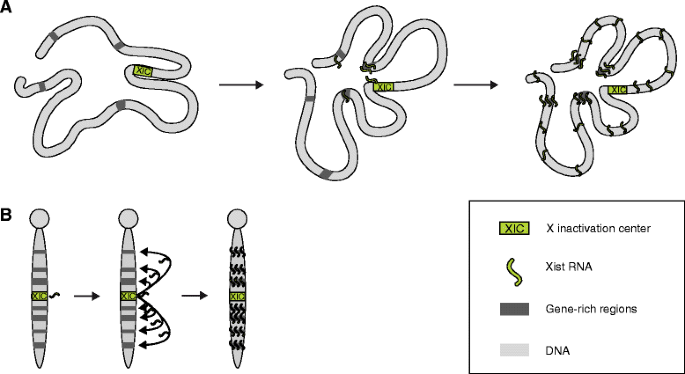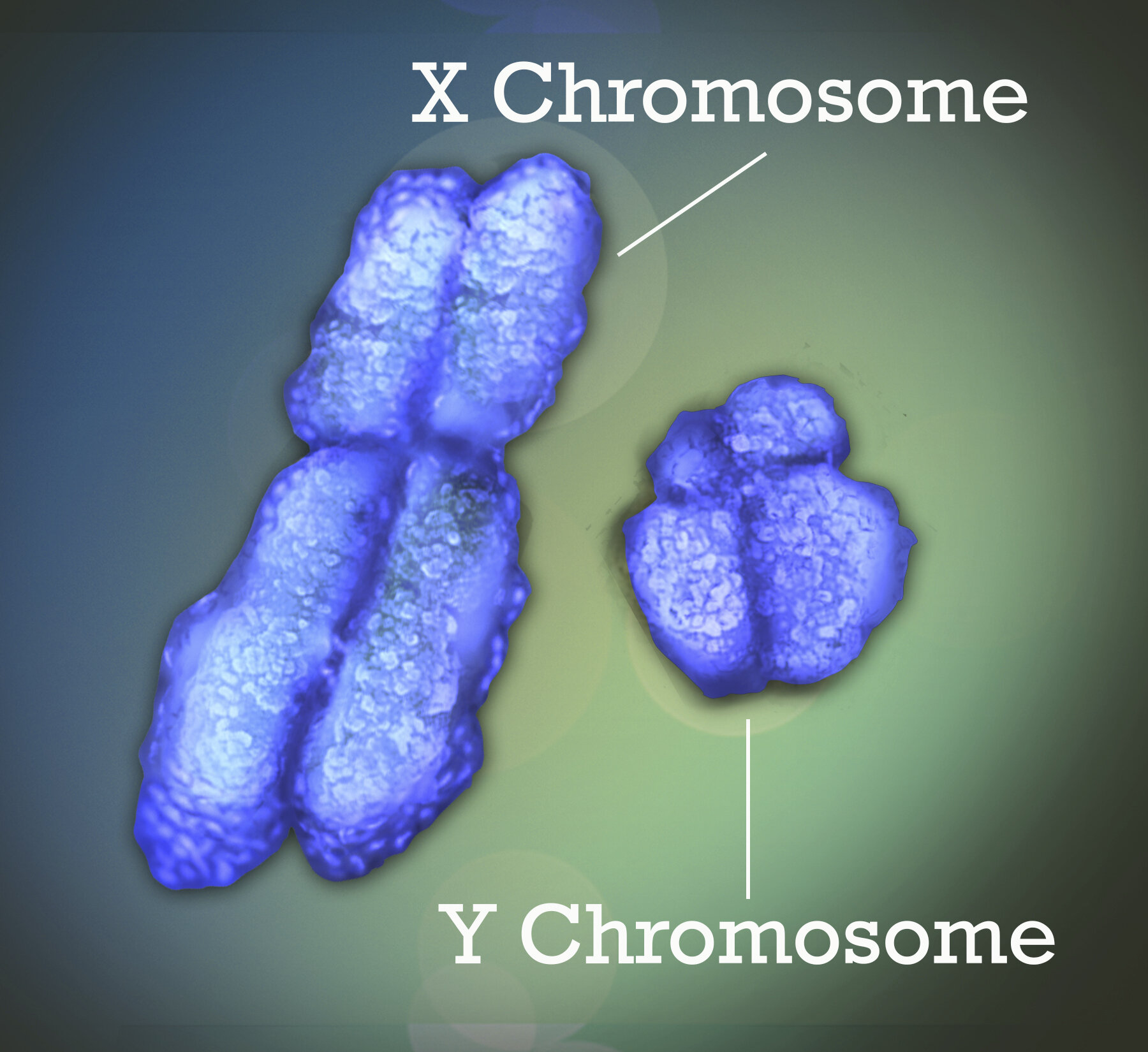Autoimmune diseases, characterized by the immune system attacking the body’s own cells, affect millions worldwide. In the quest to unravel the mysteries of these disorders, recent research sheds light on the intriguing link between autoimmune diseases, the X chromosome, and a key molecule known as Xist.
The study, led by Dr. Howard Chang and his team at Stanford University, explored the role of Xist in triggering autoimmune responses, particularly in females who are disproportionately affected by these conditions. The X chromosome, a complex genetic structure, has long been suspected as a potential factor in the higher prevalence of autoimmune diseases among women.
In autoimmune diseases, the immune system mistakenly identifies normal cells as threats, leading to chronic conditions such as lupus, rheumatoid arthritis, and multiple sclerosis. Strikingly, about four out of five patients diagnosed with autoimmune diseases are women, a phenomenon that has baffled scientists for decades.

The X Chromosome and Autoimmunity: Unraveling the Connection
The X chromosome, responsible for carrying a vast array of genes, presents a unique challenge for females. With two X chromosomes compared to males’ one X and one Y chromosome, females must deactivate one X chromosome in each cell to avoid a potentially harmful genetic overdose.
Enter Xist, a crucial molecule composed of RNA, DNA, and proteins. This molecule plays a pivotal role in silencing the second X chromosome, preventing an overabundance of proteins that could prove harmful. The research led by Dr. Chang discovered that Xist, which exists exclusively in females, might hold the key to understanding autoimmune diseases.
Groundbreaking Experiments: From Mice to Humans
The research team conducted experiments on mice, engineering male mice to produce Xist without silencing their sole X chromosome. Results showed that these mice exhibited autoimmune responses, similar to females, when exposed to triggers. This suggests that Xist and its associated proteins could provoke immune reactions, potentially contributing to the development of autoimmune diseases.
Beyond mice, the researchers examined human blood samples and discovered autoantibodies targeting proteins associated with Xist. These findings may pave the way for more accurate and sensitive diagnostic tests for autoimmune diseases, especially in their early stages.
Implications for Diagnosis and Treatment
While further research is needed to fully comprehend the intricacies of the X chromosome’s role in autoimmunity, the study opens new avenues for diagnosis and treatment. Understanding the involvement of Xist and related proteins could lead to the development of targeted therapies, allowing for more effective management of autoimmune diseases.
In conclusion, the study’s findings mark a significant step forward in unraveling the complexities of autoimmune diseases, particularly the female bias in their prevalence. The X chromosome, once considered a potential culprit, is now a focal point for further investigations that may revolutionize how we diagnose and treat these challenging conditions.
References:
- “Understanding sex differences in autoimmune disease.” NIH, February 1, 2024.
- “Lupus and Other Autoimmune Diseases Strike Far More Women Than Men. Now There’s a Clue Why.” Stanford University, February 1, 2024.
- “Scientists May Have the Ancient Answer to Why Women Get More Autoimmune Diseases.” Cell, February 1, 2024.
- “4 out of 5 autoimmune disease patients are women. New study offers clue as to why.” Stanford School of Medicine, February 1, 2024.
